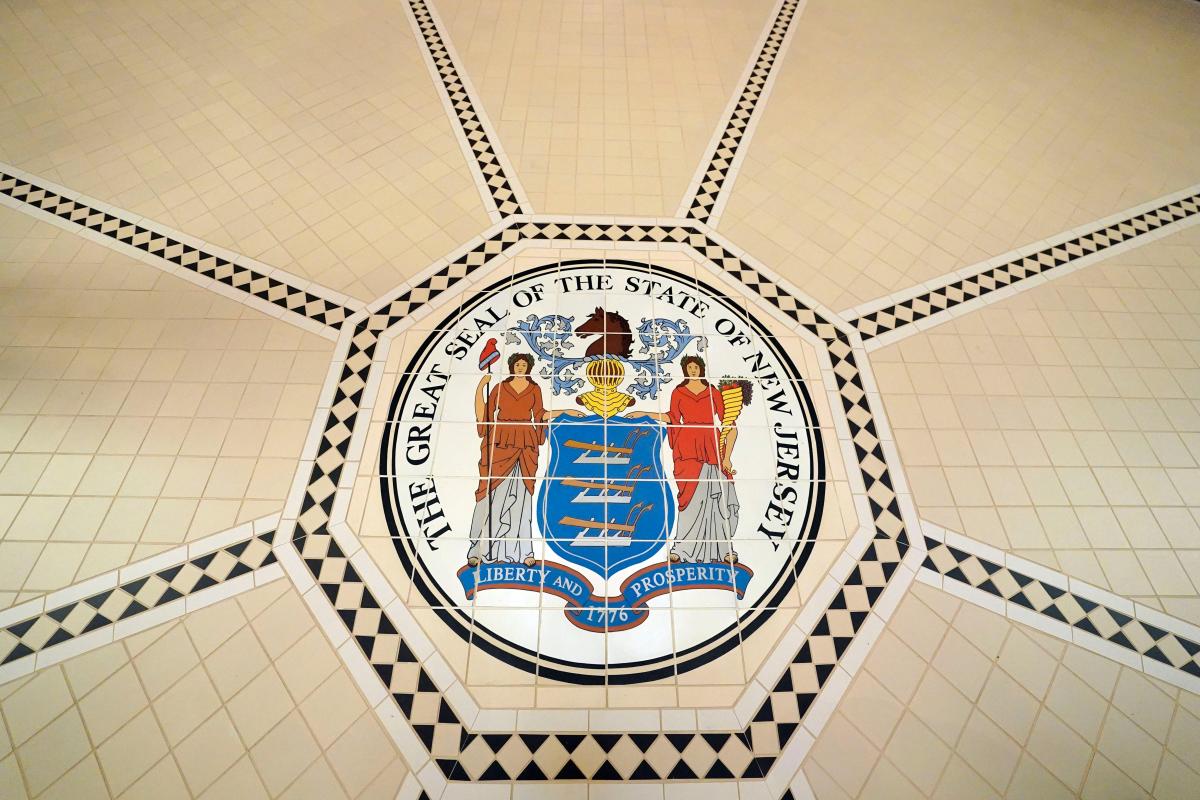WASHINGTON — This presidential election — the first since the Jan. 6, 2021, insurrection at the Capitol — will be a stress test of new systems and guardrails Congress put in place to ensure America’s long tradition of the peaceful transfer of presidential power.
As Republican Donald Trump and Democrat Kamala Harris race toward the finish, pro-democracy advocates and elected officials are preparing for an expected volatile period in the aftermath of Election Day, as legal challenges are filed, bad actors spread misinformation and voters wait for Congress to affirm the results.
People are also reading…
“One of the unusual characteristics of this election is that so much of the potential danger and so many of the attacks on the election system are focused on the post-election period,” said Wendy Weiser, vice president for democracy at the nonpartisan Brennan Center for Justice.
After the Jan. 6 attack, Congress set out to shore up the process and prevent a repeat of that unprecedented period when Trump, joined by some GOP allies in Congress, refused to concede defeat to President Joe Biden.
Trump spent months pushing dozens of failed legal cases before sending his supporters to the U.S. Capitol, where they disrupted the electoral count with a bloody riot. He faces a federal indictment for the scheme, which included slates of fake electors from states falsely claiming he won.
While the new Electoral Count Reform Act approved by Congress clarified the post-election processes — including to reinforce that the vice president has no ability to change the election outcome on Jan. 6 — the new law is by no means ironclad.
Much depends on the people involved, from the presidential winner and loser to the elected leaders in Congress and the voters across the United States putting their trust in the democratic system that has stood for more than 200 years.
Trump recently said he and House Speaker Mike Johnson, R-La., have a “little secret” for winning the election.

Republican presidential nominee former President Donald Trump and House Speaker Mike Johnson, R-La., attend the 79th annual Alfred E. Smith Memorial Foundation Dinner on Oct. 17 in New York.
A poll from The Associated Press-NORC Center for Public Affairs Research found U.S. voters are approaching the Nov. 5 election with deep unease about what could follow.
Dick Gephardt, the former House leader, now serves on the executive board of the nonpartisan Keep our Republic, which works to provide civic education about the process in the presidential battleground states of Michigan, Wisconsin and Pennsylvania.
“We are concerned about one thing and one thing only: Can Americans still have valid trust in elections and can we have consistently a peaceful transfer of power in all offices, including the presidency?” Gephardt said in a recent briefing.
“January 6th in 2021 was really a wake-up call, I think, for all of us,” he said.

President Joe Biden departs a polling station Monday after casting his early voting ballot for the 2024 general elections in New Castle, Del.
It’s not just the onslaught of legal challenges that worries democracy groups, as Republicans and Democrats already filed dozens of cases even before Election Day. They say the sheer volume of cases could sow doubt in the election tally and give rise to disinformation — domestic and foreign — as happened in 2020, when Trump’s legal team unfurled far-flung theories that were wildly inaccurate.
As Trump runs to retake the White House, he is already setting the stage for challenges to the election he wants to be “too big to rig.” The Republican National Committee made legal strategy a cornerstone of its Election Integrity program.
Trump is backed by Republicans on Capitol Hill, including Johnson, who adopted similar language, saying he would accept the results only if the election is free and fair.
“We’re going to have the peaceful transition of power,” said Johnson, who led one of Trump’s 2020 legal challenges, on CBS. “I believe President Trump’s going to win, and this will be taken care of.”
One specific line of attack from House Republicans suggests there will be illegal voting by noncitizens, even though it’s a crime to do so and state and federal reviews found it to be extremely rare. Johnson pointed to past House races, including one in Iowa in 2020 that was won by six votes, to bolster his concerns.
Rep. Joseph Morelle of New York, the top Democrat on the Committee on House Administration, said Johnson is “saying the quiet part out loud,” signaling the way Republicans may challenge the outcome. That “troubles me,” he said.

Then-Vice President Mike Pence hands the electoral certificate from the state of Arizona to Sen. Amy Klobuchar, D-Minn., as he presides over a joint session of Congress as it convenes Jan. 6, 2021, to count the Electoral College votes cast in November’s election at the Capitol in Washington.
Deadlines between Election Day on Nov. 5 and Inauguration Day on Jan. 20 are built into the process.
States are required to certify their electors by Dec. 11 in advance of a meeting of the Electoral College, which is set for Dec. 17.
The new Congress convenes Jan. 3 to elect a House speaker and swear in lawmakers. On Jan. 6, Congress holds a joint session to accept the electoral count from the states — a typically ceremonial session presided over by the vice president.
To fortify the process after the Jan. 6 attack, the Electoral Count Reform Act instituted changes intended to shore up the process and make sure disputes are resolved by the time the Congress meets. Legal challenges to the results are to be more quickly resolved, under an expedited timeline for judicial review, all the way to the Supreme Court, if necessary.
If a county refuses to certify its results, as some did during the 2022 midterm elections, the governor has more authority to certify the state’s tally.
On Jan. 6, the law now requires 20% of the House and Senate to challenge a state’s electors to force a vote on rejecting them, rather than a single member threshold from each chamber.
More coverage:



Polls are useful tools, but it’s important not to overstate their accuracy. After all, a polling organization can’t talk to every single person in the country.

Elections are human exercises that, despite all the laws and rules governing how they should run, can sometimes appear to be messy.

Officials seek to demystify a process that in recent years faced intense scrutiny, misinformation and false claims of widespread fraud.

There have been 36 recounts in statewide general elections since America’s most famous one in 2000.

A few bellwether counties in the key battleground states are likely to decide the outcome — as they did the past two presidential elections.

The Electoral College is the unique American system of electing presidents. It is different from the popular vote, and it has an outsize impact on how candidates win campaigns.

An uncommon system of voting could be central to which party controls the U.S. House this fall — or even the presidency.

“This decentralized nature of the elections is itself a deterrent,” said Republican Trey Grayson, a former Kentucky secretary of state and the advisory board chair of the Secure Elections Project.

The few counties that have attempted the massive task to count ballots by hand have found the process more time-consuming, expensive and inaccurate than expected.

Voting machines have been at the center of a web of conspiracy theories, with false claims that they were manipulated to steal the presidency from Donald Trump.

So you want to cast a ballot on Election Day? Or maybe vote by mail? It helps to know the rules.
The Associated Press has created a series of videos explaining how elections work in the United States.

Roughly 50 years ago, about 95% of voters cast their ballots in person on Election Day. That number has fallen gradually as states have provided Americans with more options.

It can be tough to make sense of everything before Election Day, so here’s a guidebook, of sorts, to American democracy as it nears its 250th birthday.














